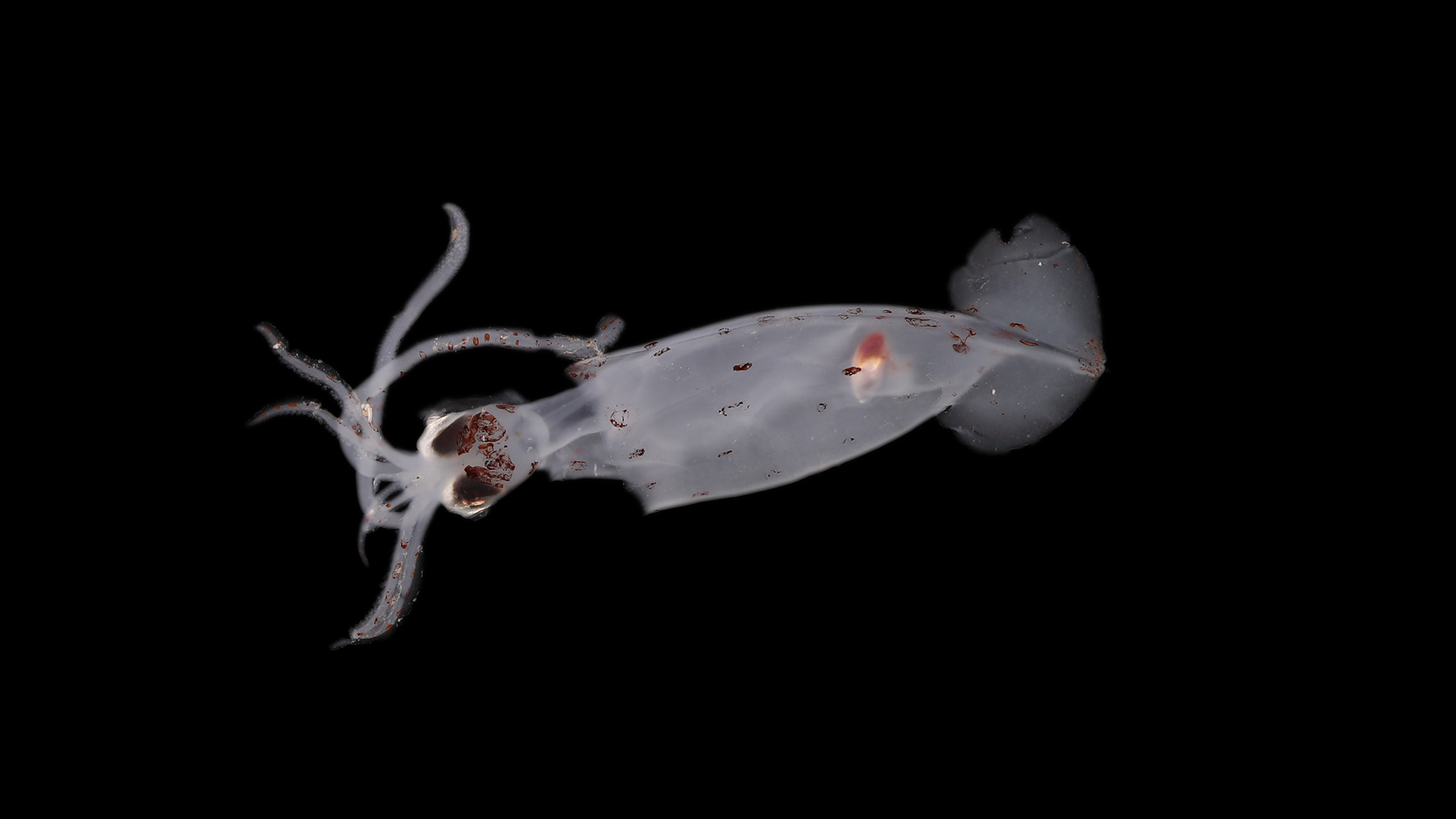

The Pacific is the largest and deepest ocean basin on the planet. Scientists barely know just how many different organisms call these deep waters home. Many of these areas are remote and difficult to explore, but that hasn’t stopped efforts to find out what’s really lurking under the sea. In February, a team of researchers exploring the Bounty Trough off the coast of New Zealand discovered roughly 100 new and potentially new marine species.
Team members from the nonprofit organization Ocean Census, the National Institute of Water and Atmospheric Research in New Zealand (NIWA), and the Museum of New Zealand Te Papa Tongarewa collected close to 1,800 samples during the three week long expedition. Some of the specimens were uncovered more than 15,000 feet deep.

“It looks like we have a great haul of new, undiscovered species,” Ocean Census science director and expedition co-leader Alex Rogers said in a statement. “By the time all our specimens are examined, we will be north of 100 new species. But what’s really surprised me here is the fact this extends to animals like fish–we think we’ve got three new species of fish.”
The team also found dozens of new mollusks, a shrimp, and a cephalopod that is a type of predatory mollusk. According to Ocean Census, we currently know of 240,000 marine species and an average of 2,200 species are discovered annually.
[Related: See the strange new species discovered near Chile—with the help of a deep-diving sea robot.]
One find has been particularly baffling to the experts working to identify the new species. Initially, the team believed it was a new sea anemone or a seastar, but taxonomists do not believe that it is either of those species.

“We now think it could be a new species of octocoral, but also a new genus [wider grouping of species],” Queensland Museum Network taxonomist Michela Mitchell said in a statement. “Even more excitingly, it could be a whole new group outside of the octocoral. If it is, that is a significant find for the deep sea and gives us a much clearer picture of the planet’s unique biodiversity.”
[Related: Four new octopus species discovered in the deep-sea vents off Costa Rica.]
Expeditions to underexplored ocean regions like the Bounty Trough are critical to discovering new species. The Bounty Trough is a roughly 500-mile long basin east of the South Island of New Zealand. Previously, geologists have surveyed this very deep ocean basin, but this is a first for biologists.

“We’ve gone to lots of different habitats and discovered a whole range of new species, from fish to snails, to corals, and sea cucumbers–really interesting species that are going to be new to science,” NIWA marine biologist Sadie Mills said in a statement.
At the beginning of the February 2024 expedition, the team used an imagine system and video cameras to map the area. This was in an effort to make sure that their equipment and cameras could safely operate and not harm any vulnerable animal communities. To collect specimens, they used a sampling device called the Brenke sled. It uses two nets, with one close to the seafloor and the other about three feet above that other net. It drags along the floor, churning up the animals that live close to the sea floor. Baited nets were used to find some of the larger animals of the trough.

The specimens will be stored at the NIWA Invertebrate Collection (NIC) and National Museum of New Zealand Te Papa Tongarewa in their Mollusca and Fish Collections. The findings will also be included in future editions of the New Zealand Marine Biota NIWA Biodiversity Memoir.
